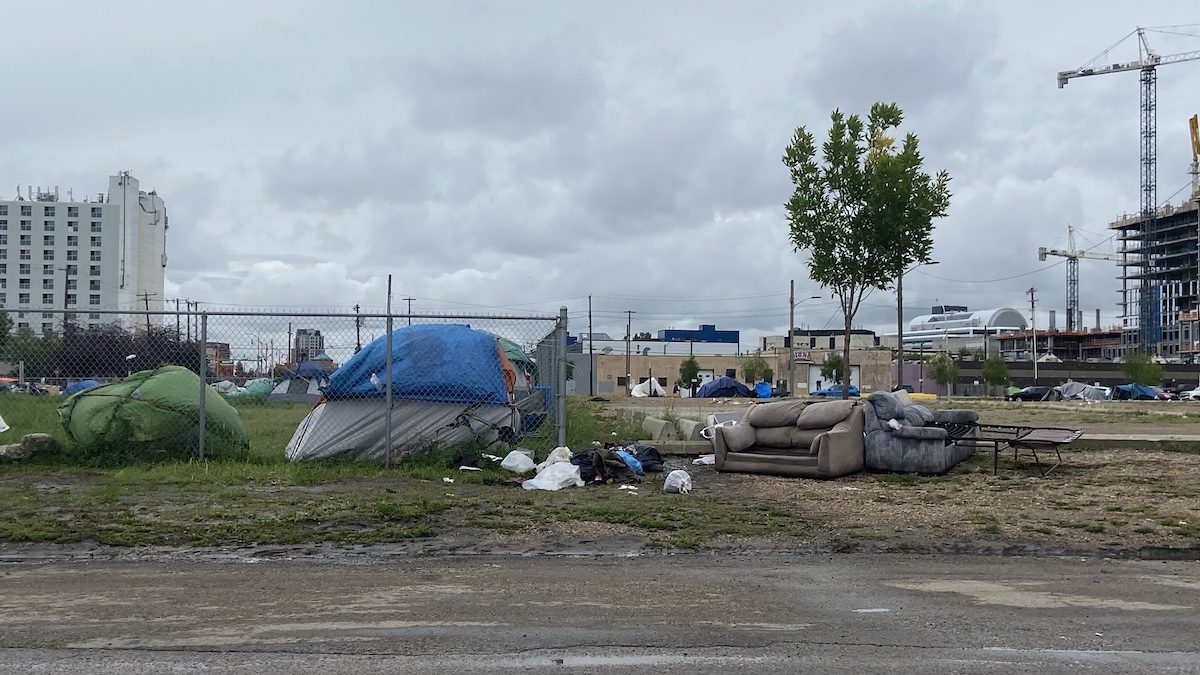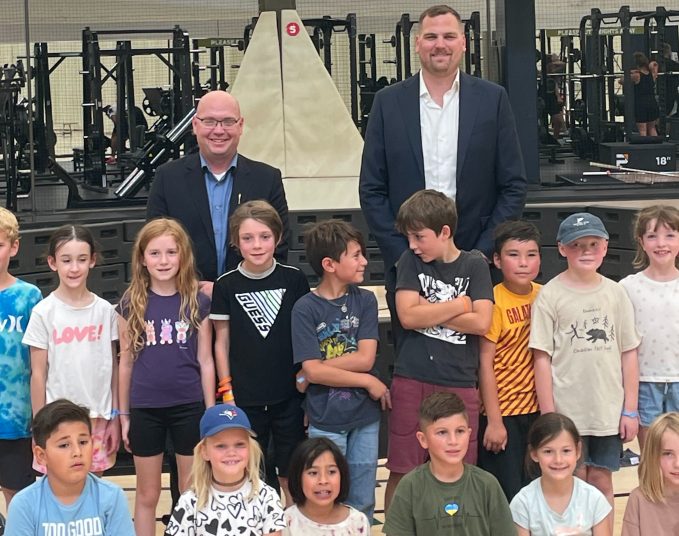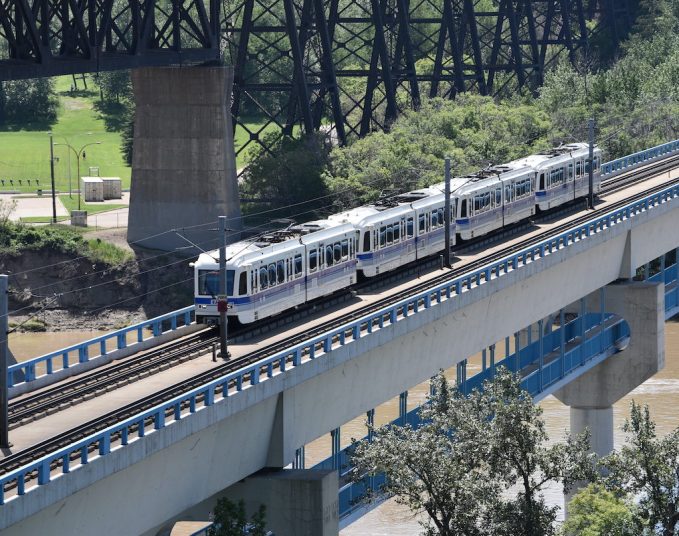There has been a lot of talk recently about excessive polarization in today’s politics. Maybe it’s always been this way. Policy competition has always been a healthy dynamic within public life. The public square requires debate rooted in imagination, ideas, passion, tradition, private pain and tested evidence.
But today something does feel different. Political factions dislike each other — at least they appear to. No one seems willing to concede a point or find even a sliver of value or merit in the argument or the experience of the other. Positions are cemented. Answers are gospel.
This circumstance to my mind is the biggest reason for our lack of progress on the addictions, homelessness and public safety issues in our city.
The confluence of family and financial pandemic carnage, with an illegal drug supply that’s intentionally poisoned by criminal predators, plus a surging youth mental-health crisis have flooded our cities and communities across the country.
Here in Edmonton, our particular flavour of political polarization has worsened our situation.
All three orders of government are largely singing from different hymn books.
For 10 years now, Edmonton City Council has been touting a single solution. Its answer (which was also my answer during my time) is Permanent Supportive Housing. This is housing with built in health-care, addictions and social service supports. We’ve kicked and screamed, yelled and prodded, but for 10 years the answer from the provincial government has been no. A hard no. The word “permanent” is the issue – particularly the permanent operating expense. This approach is founded on the Housing First model, which posits that once people have housing, they might have a fighting chance of addressing underlying issues like addictions and mental illness. The current provincial government doesn’t buy it.
The province’s answer is something called a Recovery Oriented System of Care. This puts primary emphasis on addictions treatment and recovery — suggesting that once these issues are dealt with, housing and employment become less challenging to acquire. The provincial government is currently building a number of recovery communities across Alberta and introducing measures to remove financial barriers and create easier access to addiction treatment options.
As for the federal government, it is more ideologically aligned with our current city council and, in recent years, provided some money to cities for rapid conversion of things like hotels to housing to help alleviate the crisis. On the addiction side, however, it has focused on pilot projects with aligned provincial governments to test safe supply and decriminalization of hard drugs – which has resulted in a hyperbolic political debate unlike any other in our country at the moment. The fierceness of opinion on both sides reveals a defensiveness and insecurity, suggesting we are still a long way from the right answer.
Lastly but most importantly, we hear many First Nations leaders describing the untenable situations in their communities and among their people who leave reserves languishing in urban centres. They’ve long spoken about the need for real economic reconciliation and opportunity in their communities, about the importance of harm reduction and treatment and recovery programming, and about the need for housing in big cities.
In fact, Indigenous leaders with clear heads and deep spiritual convictions can serve as bridges across the ideological chasms created by today’s political leaders. They are the truth tellers here.
As for the City, it might be time to talk about something different in its outreach to the province. I don’t think the province is waiting for Edmonton to ask 11 times before it says yes to Permanent Supportive Housing.
And, as for the province, it would be helpful if it conceded that some supportive housing/shelter space is important. It doesn’t have to be permanent, but it needs to be transitional and recognize that not everyone struggling on the street is the same. The province needs to accept that its answer is not the only answer either.
The federal government could actually show the most leadership here by assigning higher value to its relationships with the provinces than it does to its own ideas on the matter. Some readers may laugh out loud at that last sentence. But truthfully, in a nation as diverse as ours, why not try different things in different regions of the country in an effort to assess what might in fact be the best course of action – for Canadians who need help, and for cities which need these complex social problems solved?
In Edmonton’s case, Edmonton Centre MP and cabinet minister Randy Boissonault has recently suggested that “everyone needs to put a little water in their wine” and soften their hard political positions in order to see new solutions.
“Addiction, mental health and public safety don’t care about political jurisdiction. If we are going to solve this problem, if we are going to start to heal the incredible damage opioids are causing to our community, we need every solution on the table and every order of government at that table.”
For their part, the Downtown Recovery Coalition has advocated for some form of additional transitional housing/shelter space as a key strategy to providing people in need a safe haven and connections to longer term supports. Police need somewhere to bring people who are publicly struggling on city streets. Businesses and residents need to know that people suffering with addictions aren’t left to fend for themselves in store fronts or the LRT system.
As citizens, we need our leaders to find the same song sheet. The sooner the better.
(Michael Walters is a former Edmonton city councillor and is currently a partner at Berlin Communications.)
Savvy AF. Blunt AF. Edmonton AF.




